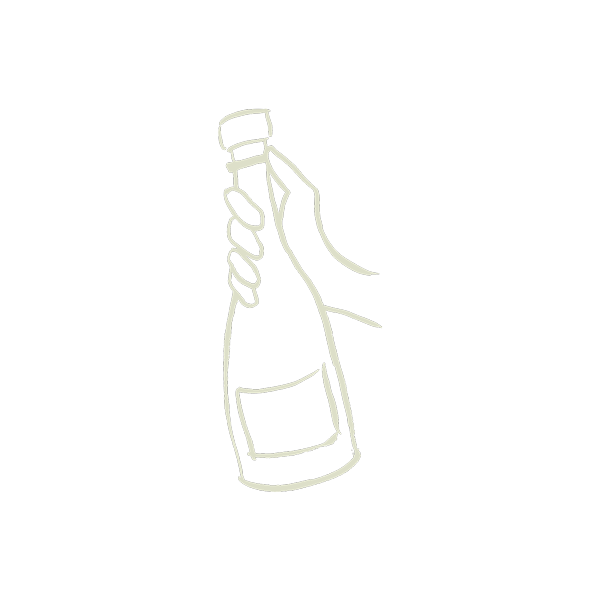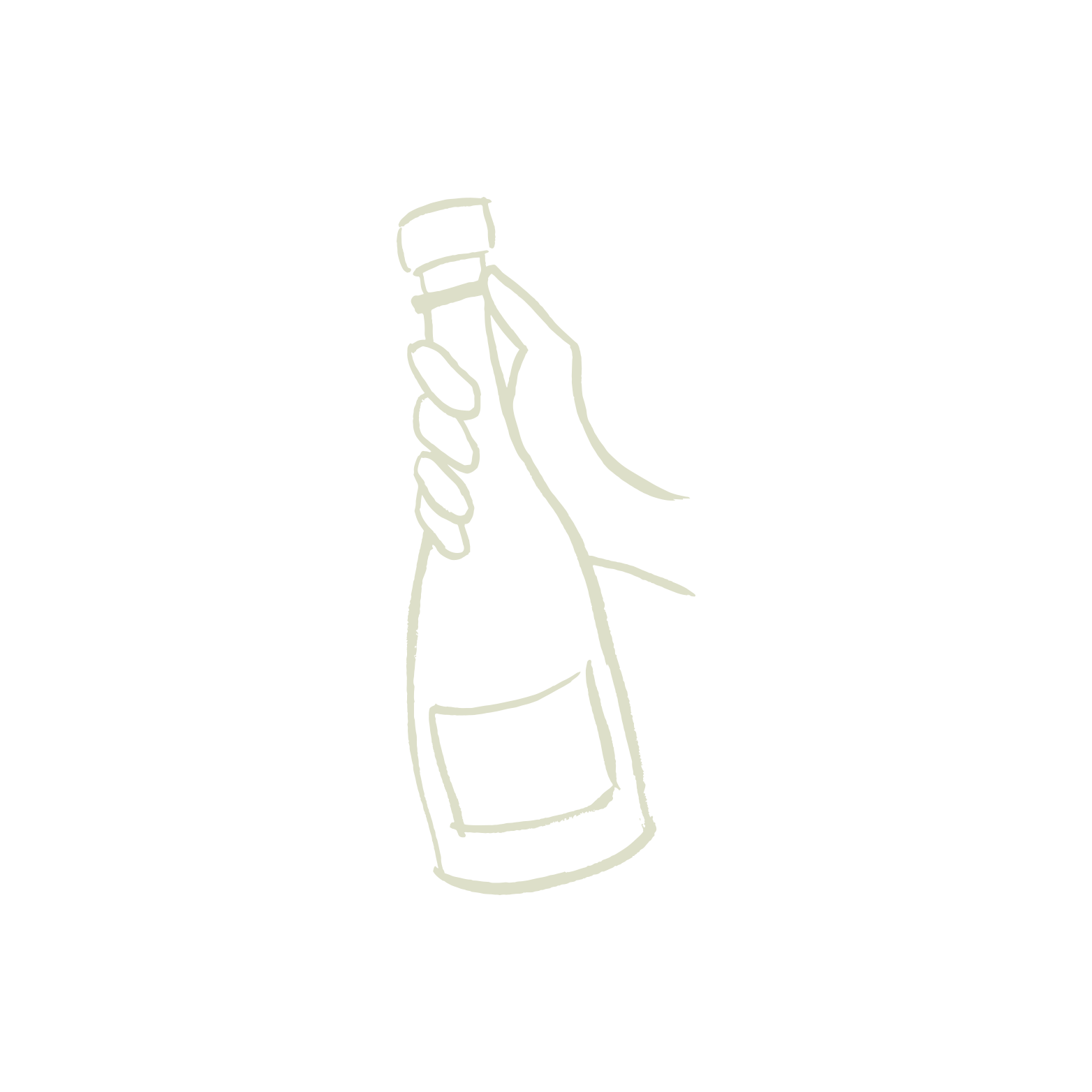For fatcork growers, Champagne is life.
Fatcork Champagnes are made by vignerons in France who steer every step of the winemaking process from farming to fermentation to aging, using methods and techniques that have been perfected over generations. Unlike many of the big-name houses that produce blends for uniformity and mass appeal, the grower Champagnes we offer at fatcork are unique and deeply expressive of the specific time and place in which they were made — and the skilled and experienced hands that lovingly crafted them.
Meet Our Growers
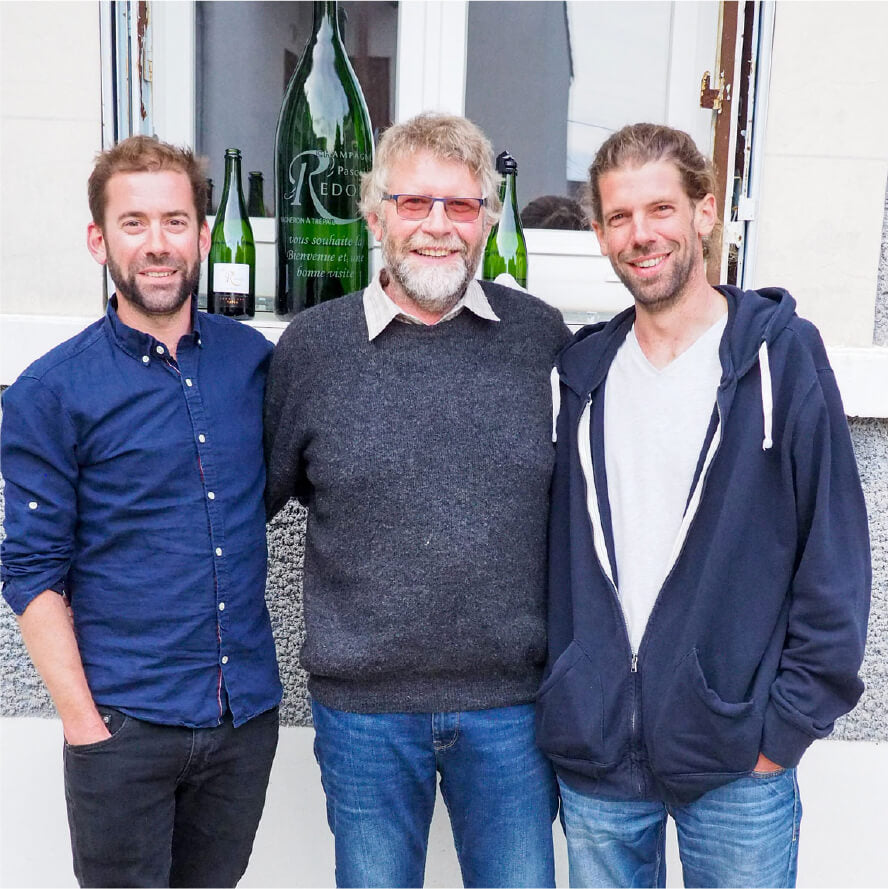
Adrien Redon
The Redon family has been tending vines and making Champagne in the village of Trépail since 1982. After two decades as vigneron, Pascal Redon and his wife, Pascale, passed the estate to their eldest sons Adrien and Hugo. With Hugo’s behind-the-scenes help in the vineyard and in the production house, head vigneron Adrien crafts his own unique style of low-dosage Champagne that highlights the chardonnay grapes for which the area is best known.
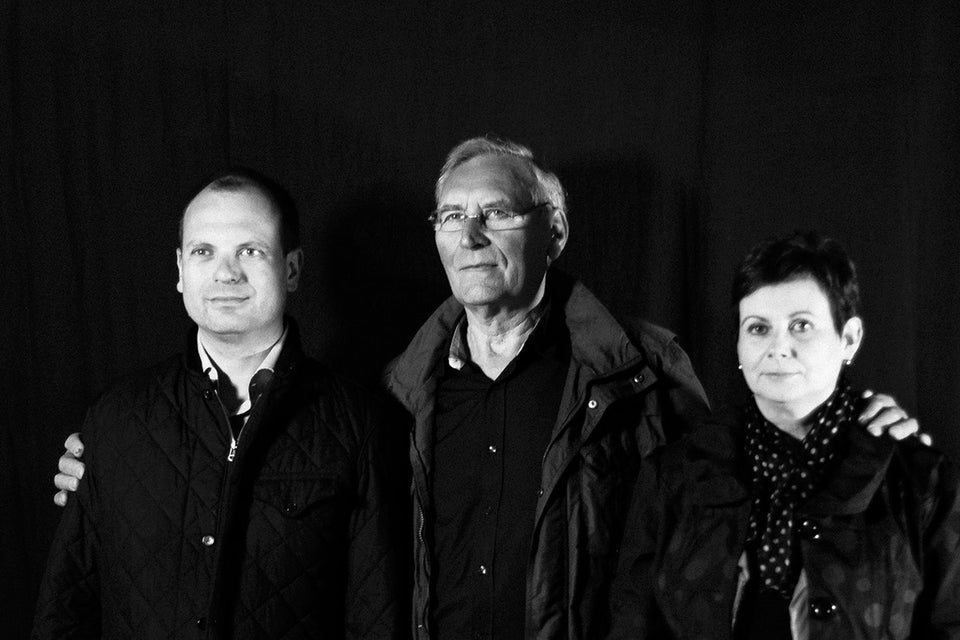
Alexandre Lenique
Alexandre Lenique’s family has been making wine for more than 250 years — on the same 6 1/2 hectares of vineyards and in the same caves below the historic Lenique estate in Pierry, outside of Épernay. A fourth-generation vigneron, Alexandre is passionate about sustainable agriculture. His commitment to protecting the area’s biodiversity and promoting rich soil composition is a driving force behind his incredible cuvées.
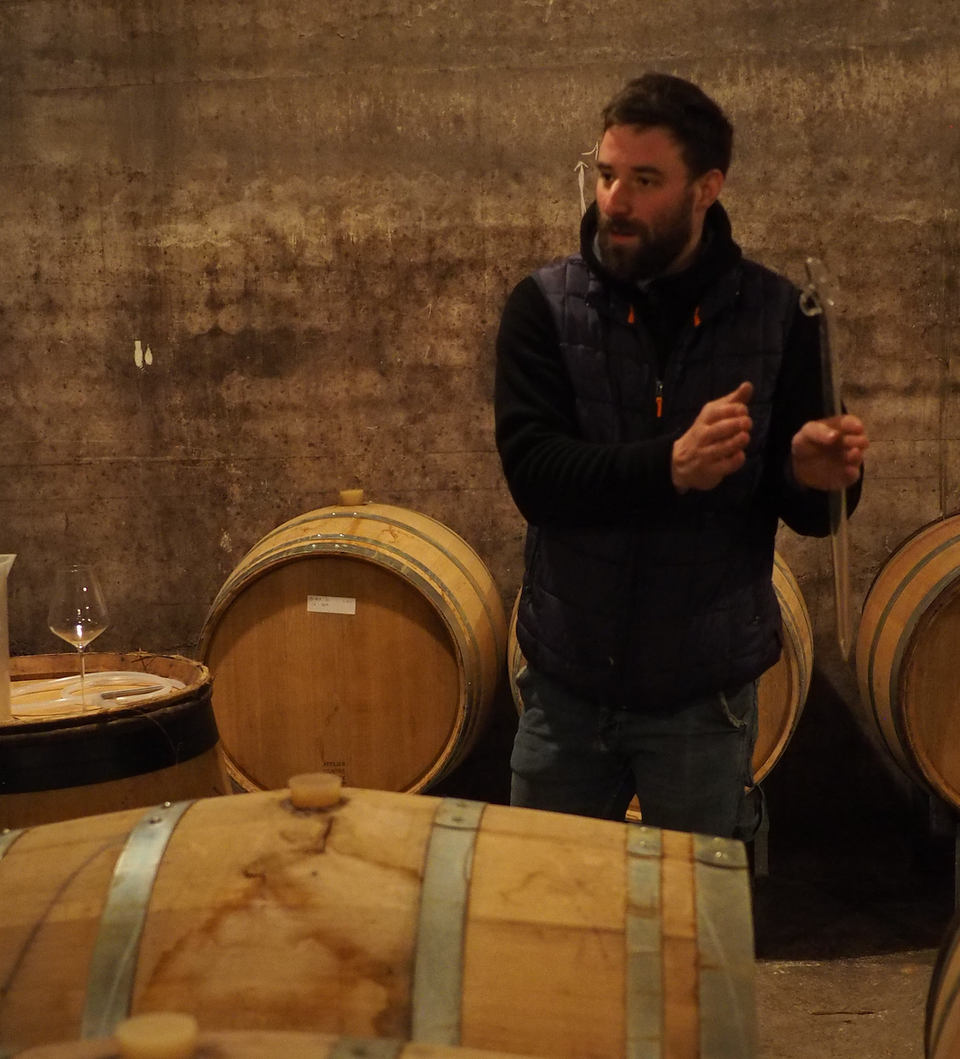
Arthur Lelièvre
Arthur Lelièvre, along with his sister, Ophélie, is the sixth generation to lead Champagne Forget-Chauvet, a Premier Cru estate in the town of Ludes. But while the vigneron continues to craft traditional-style Champagne for the storied family estate, in 2021, he began making Champagne for his own new, more modern label. Super dry and practically oozing with terroir, his single-vintage, single-plot, very low-dosage cuvées highlight a remarkably focused vision of his family domaine and the micro differences in the terrain of its various plots. Arthur’s production, thus far, is extremely small, and fatcork is beyond thrilled to be among the first to represent a portion of Arthur Lelièvre Champagnes’ micro release in the United States.
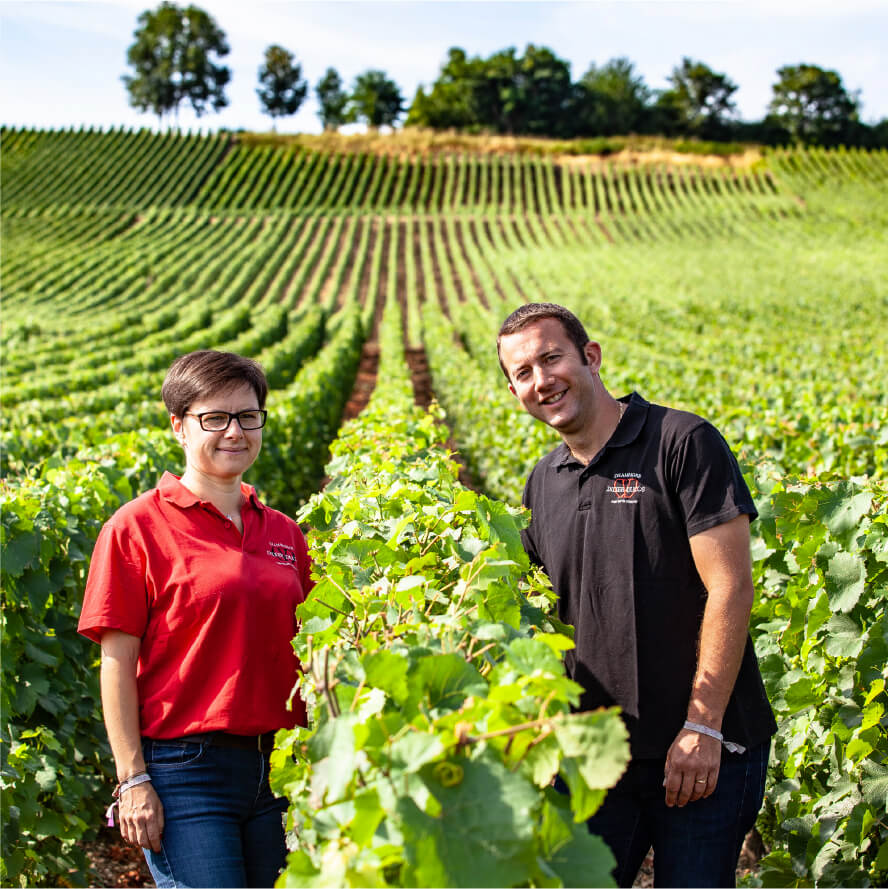
Didier-Ducos
In the Vallée de la Marne commune of Saint-Martin d’Ablois, husband and wife team Nicolas and Clotilde Didier are the fourth-generation to tend Didier-Ducos’ 8 hectares of vineyards, which face south on smooth, sloping hillsides replete with limestone and clay-rich soil. Nicolas and Clotilde’s signature low-dosage cuvées maintain delicacy and viridity due to the prime location of their vineyards.
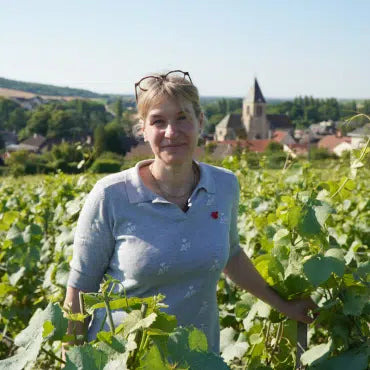
Domaine des Arondes
In 1982, Daniel Laurent began making Champagne with grapes he grew on two hectares of vineyards in the Premier Cru village of Avenay-Val-d’Or. His young daughter, Marie-Marjorie Laurent, grew up on the estate, helping wherever help was needed, learning the craft and developing a deep bond with both the family land and its legacy.
After leaving for a time, Marie-Marjorie returned in 2023 to take over her father’s estate and begin a new endeavor of her own: Domaine des Arondes. Named for the migrating swallows (“les arondes” in Old French) that return to Champagne every spring, the micro winery is the vigneron’s homage to her family home, while at the same time, a symbol of renewal, curiosity and exploration. Each of her releases (only 10,000 bottles a year) features cuvées that strike the perfect balance of exceptional complexity and elegance.
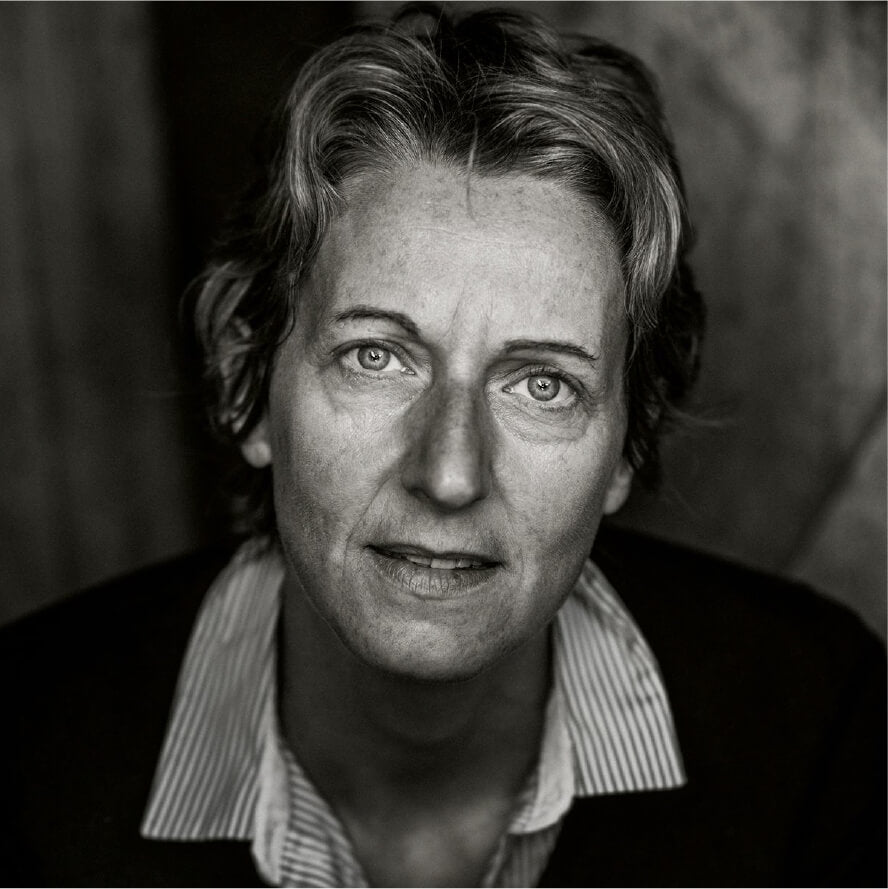
Elise Dechannes
In 2008, Elise Dechannes took over her family’s Les Riceys estate comprising 5 hectares of limestone-rich Kimmeridgian-soil vineyards that are perfectly conditioned to produce the elegant pinot noir-based Champagnes that bear her name. Elise honors the land by practicing sustainable farming, hand-picking and weeding, and allowing her vines to grow with minimal intervention. Her vineyard has been classified as organic since 2014.
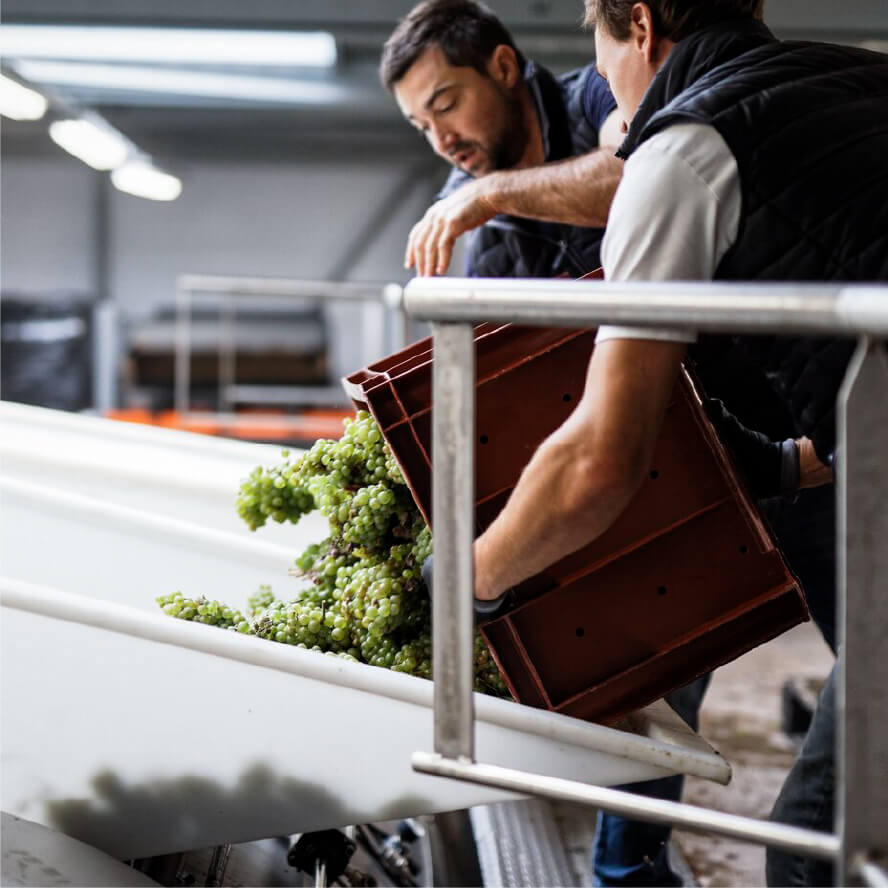
Etienne Calsac
For years, the Calsac family sold the grapes they grew in their vineyards to the region’s grand Champagne houses. But, in 2010, 26-year-old Etienne Calsac inherited the vines and expanded the family business to incorporate Champagne-making from start to finish. Today, on his Avize estate, Etienne applies the strict quality control methods his grandparents taught him while also contributing his own spirit of experimentation during vintification.
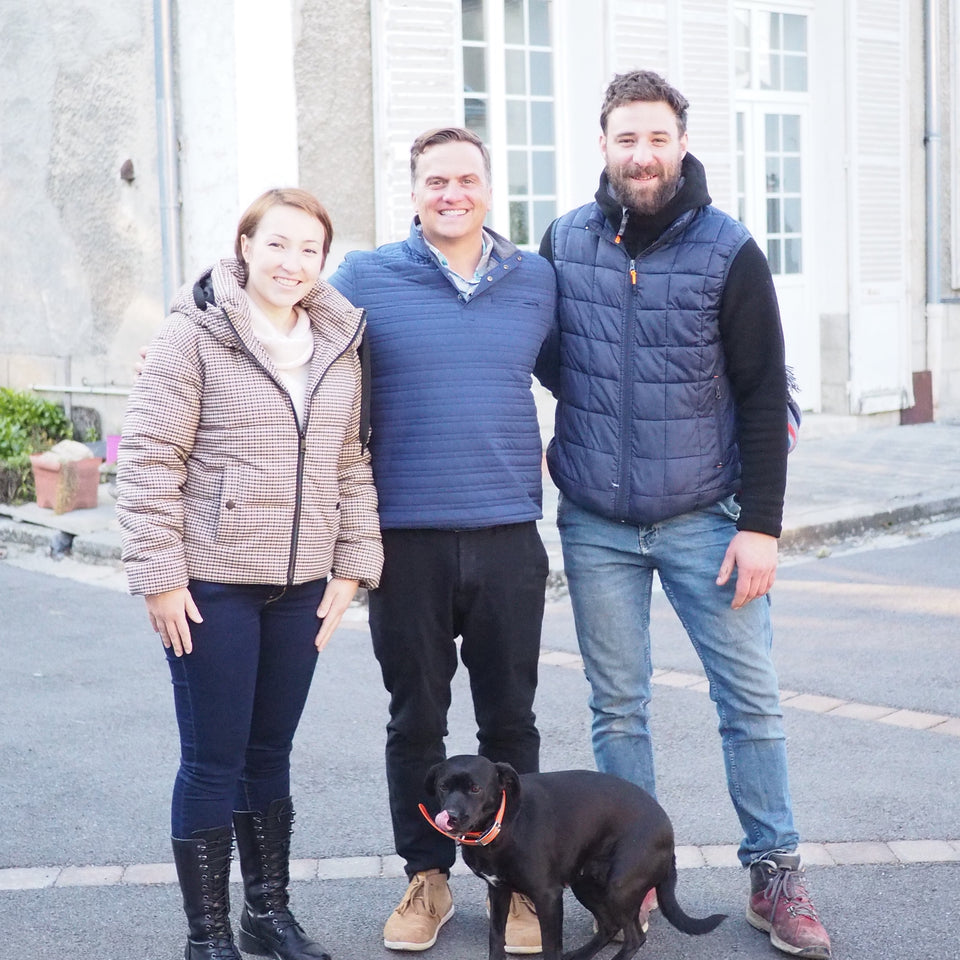
Forget-Chauvet
For more than 80 years, the Forget-Chauvet family has passed along their methods and traditions, and, now, siblings Arthur and Ophélie Lelièvre are the sixth generation to lead the domaine. With 10 hectares of vineyards spread across three terroirs in Ludes, Taissy and Lagery in Montagne de Reims, the young vignerons are eager to make their own mark on the family legacy. Today, Arthur and Ophélie choose to do all fermentation and aging in stainless steel tanks to impart their cuvées with a new fresh, vibrant quality.
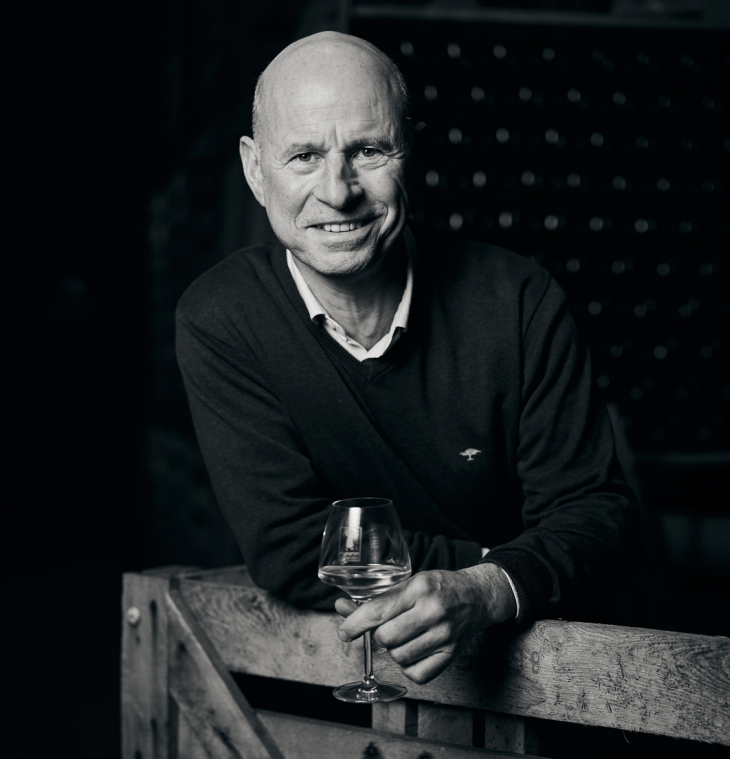
Gimonnet-Oger
The Gimonnet family has been working in the Côte des Blancs vineyards since 1650, and it is vigneron Jean-Luc Gimonnet who now manages his family’s estate in the village of Cuis. His traditional Champagne-making style allows the exceptional quality of his grapes to shine and all of his cuvées spend years, and sometimes even decades, aging on the lees before disgorgement.
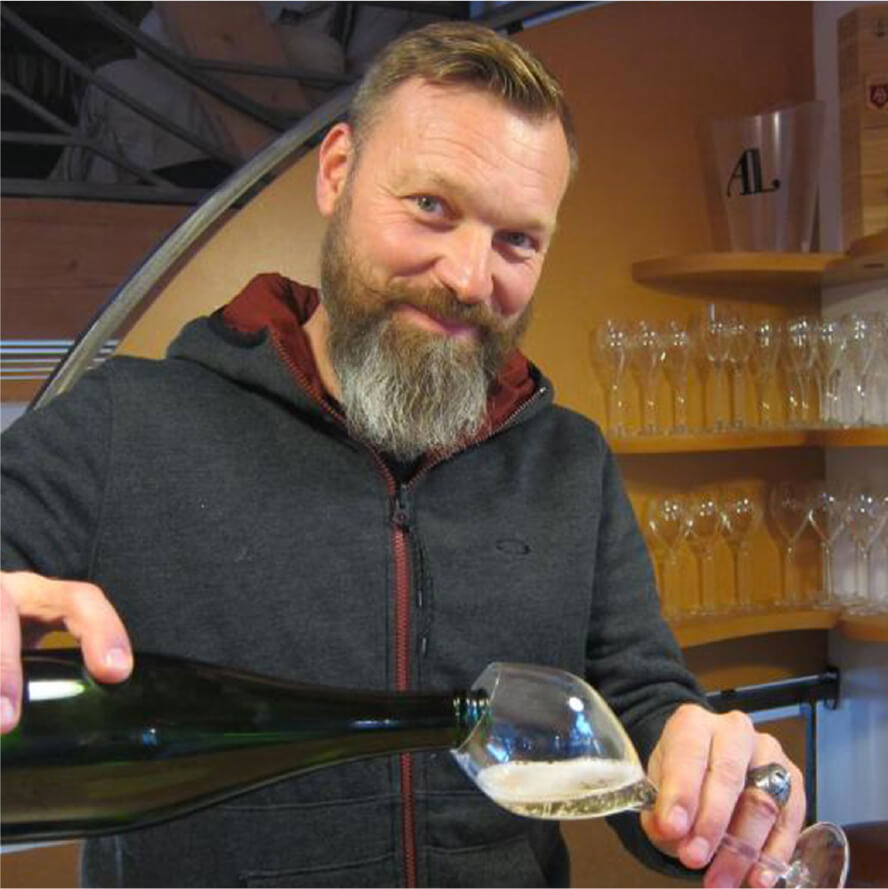
Levasseur
David took over the family’s 4 1/5 hectares of vineyards, spread across 18 plots in the villages of Cuchery, Châtillon-sur-Marne and Fleury-la-Rivière, in 2003. The vigneron’s playful spirit and enthusiasm results in fresh and balanced cuvées that are fun to drink. After many years of sustainable practices, A. Levasseur’s vineyards have begun the official conversion to certified organic farming.
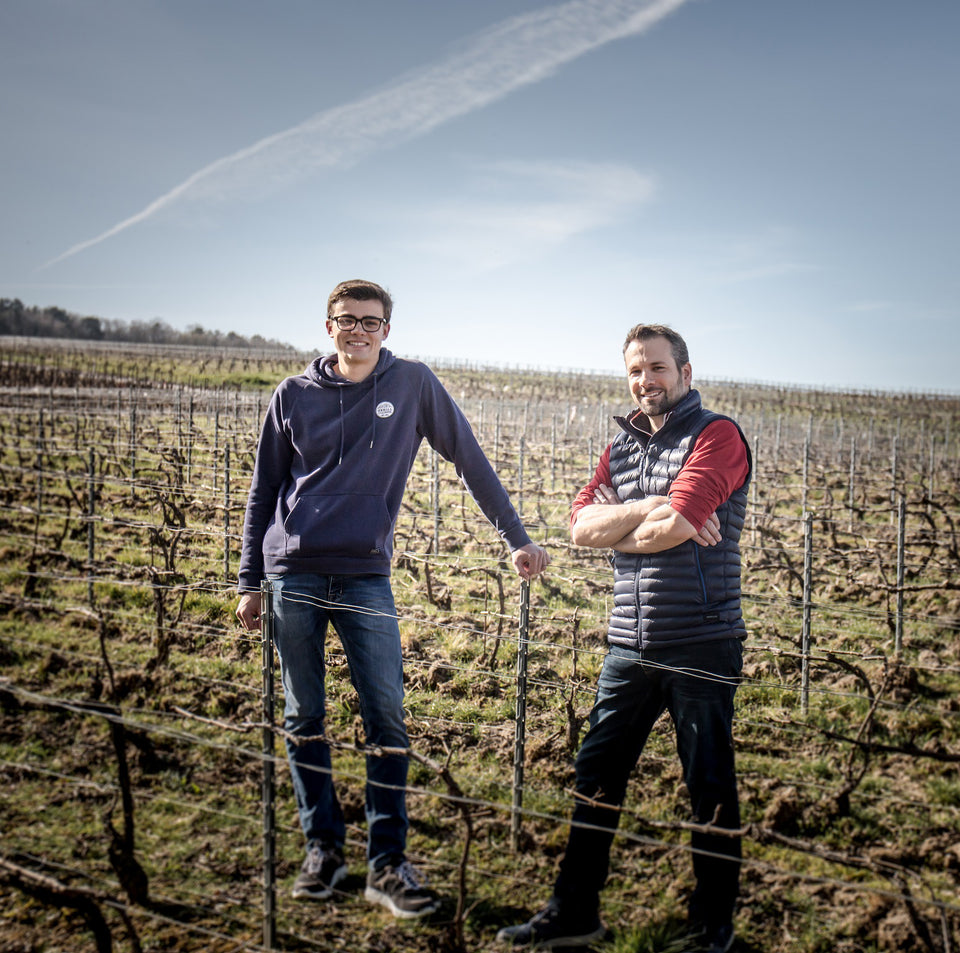
Hervieux-Dumez
Four generations of vignerons have made Champagne at Hervieux-Dumez, a storied house tucked away in the small village of Sacy. At its helm today, Laurent, Clément and Timothée Hervieux encourage biodiversity by keeping bees and letting chickens roam their vineyards to fertilize the land and control weeds. At the same time, the vignerons’ elegant, refined cuvées reflect a passion for the craft and reverence for their family’s traditions.
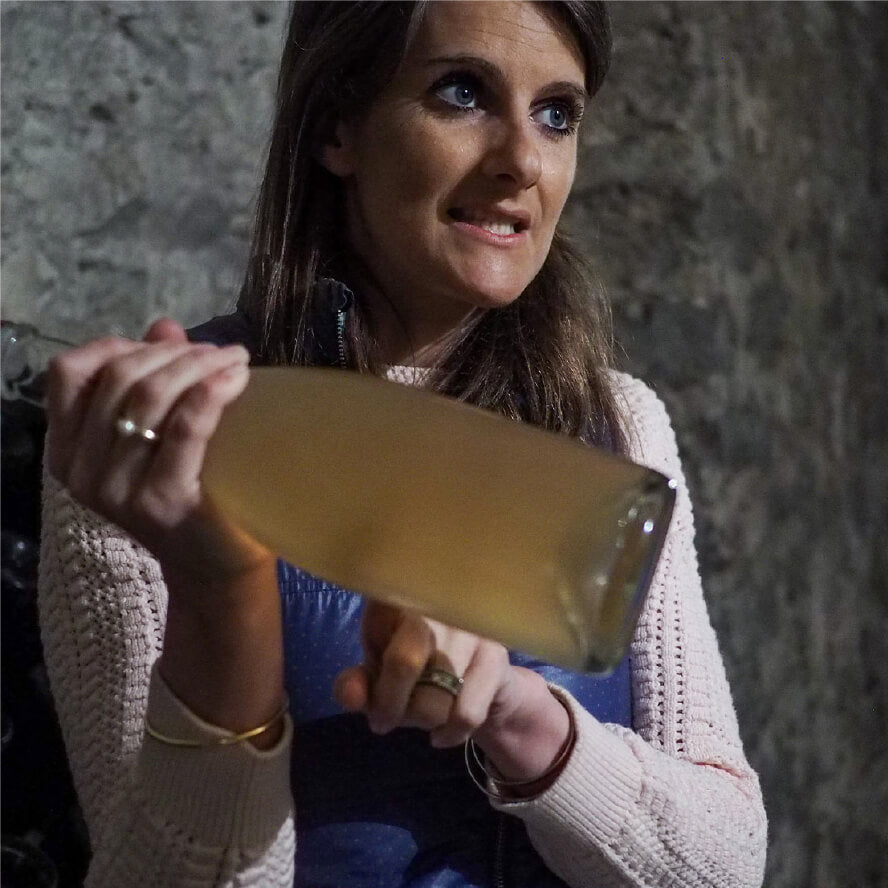
Jean Baillette-Prudhomme
Laureen Baillette; her mother, Marie-France; and her sister, Justine, are Champagne Baillette-Prudhomme, a celebrated 5-hectares estate in Trois-Puits on the slopes of Montagne de Reims. A sixth-generation vigneron, Laureen is passionate about every step of the Methode Champenoise from cultivating the vines and pressing the grapes (in a traditional press painted fuschia) to managing vintification and riddling each and every bottle by hand.
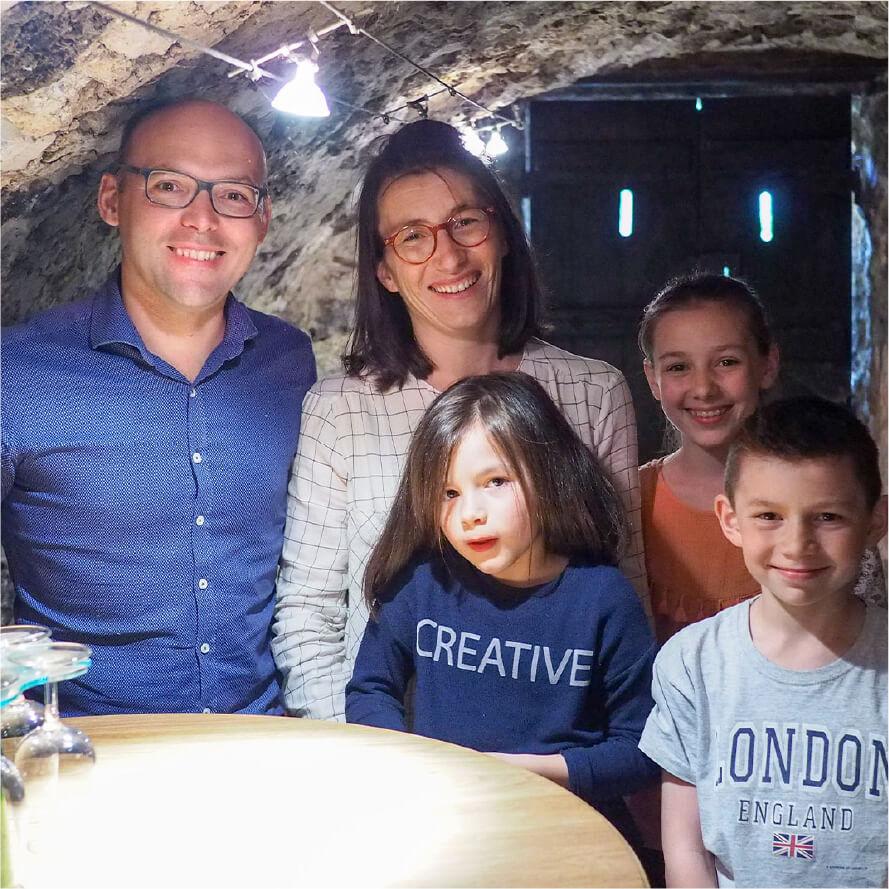
Mathieu-Gandon
Fabien and Séverine Mathieu are a husband and wife team committed to doing things differently. In their vineyards, which lie in Baslieux-sous-Châtillon in Vallée de la Marne, the vignerons experiment with different techniques in the vineyard and in their production house. Mathieu-Gandon Champagnes are precise, fresh and clean, and they have all aged on the lees for three or more years.
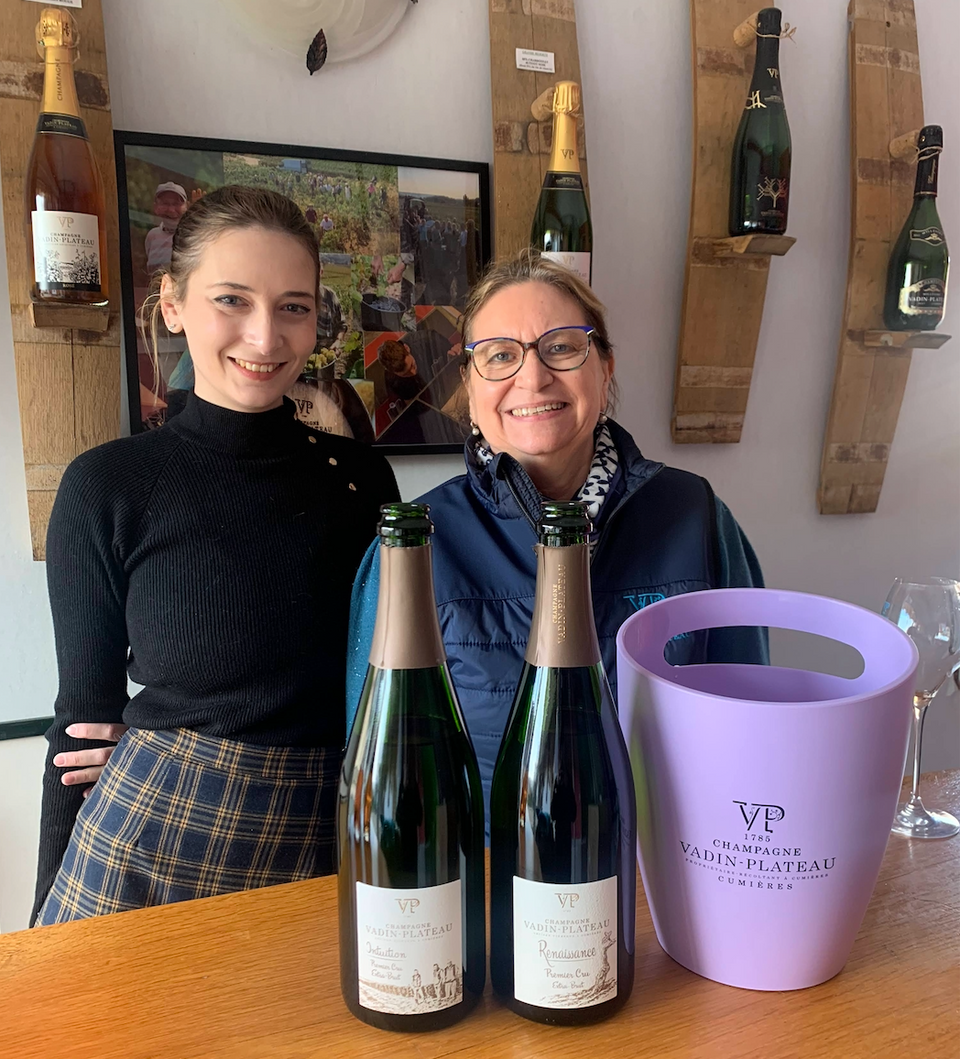
Muriel & Aurélie Vadin
In 1785, Joseph Plateau began producing Champagne at his estate in the village of Cumières and managing vineyards in the diverse terroir of Cumières and neighboring villages Ay, Damery, Champillon and Hautvillers.
Now, nearly 300 years later, the 7-hectare estate rests securely in the hands of Muriel Vadin and her daughter, Aurélie. They are committed to continuing the organic and biodynamic farming methods that Jean-Luc established in 2012 and abstaining from the use of herbicides.
Fermentation at very cold temperatures and their preference for minimal dosage present as clean, fresh, unique cuvées that are extremely expressive of the region while also having a particular identity of their own.
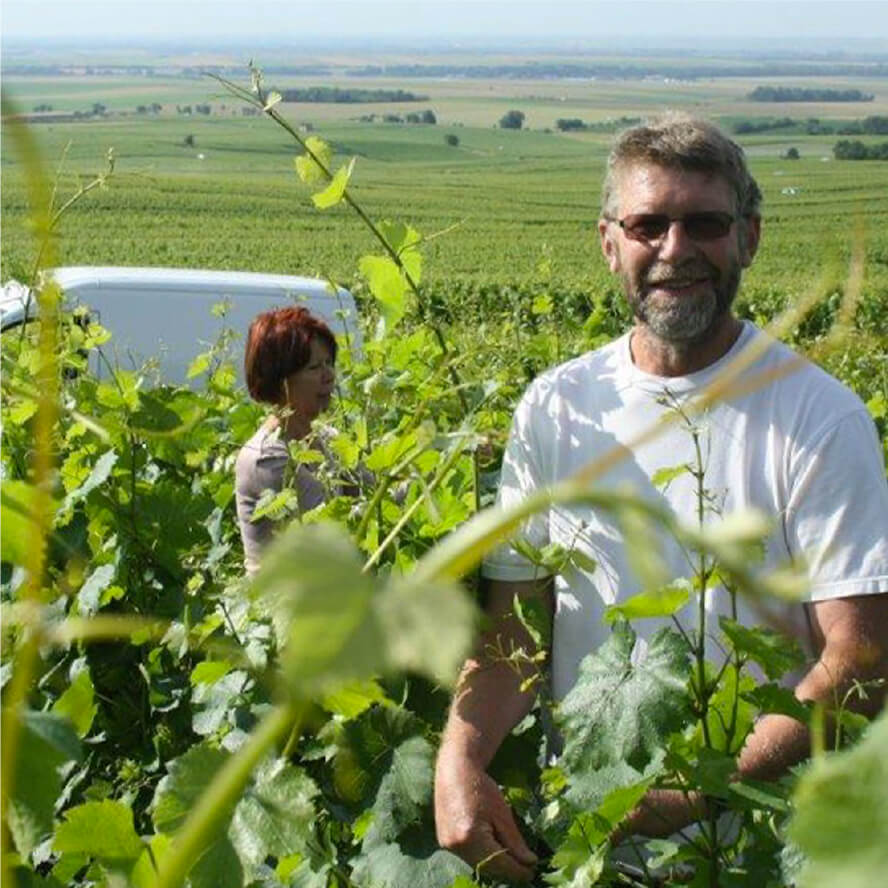
Pascal Redon
Pascal Redon began making Champagne with his wife Pascale on 5 hectares of land in the village of Trépail in 1982. Today, their sons Adrien and Hugo are in charge. While the brothers produce cuvées for the newer Adrien Redon line, they also continue to make Champagne according to their father’s more traditional methods under the name Pascal Redon.
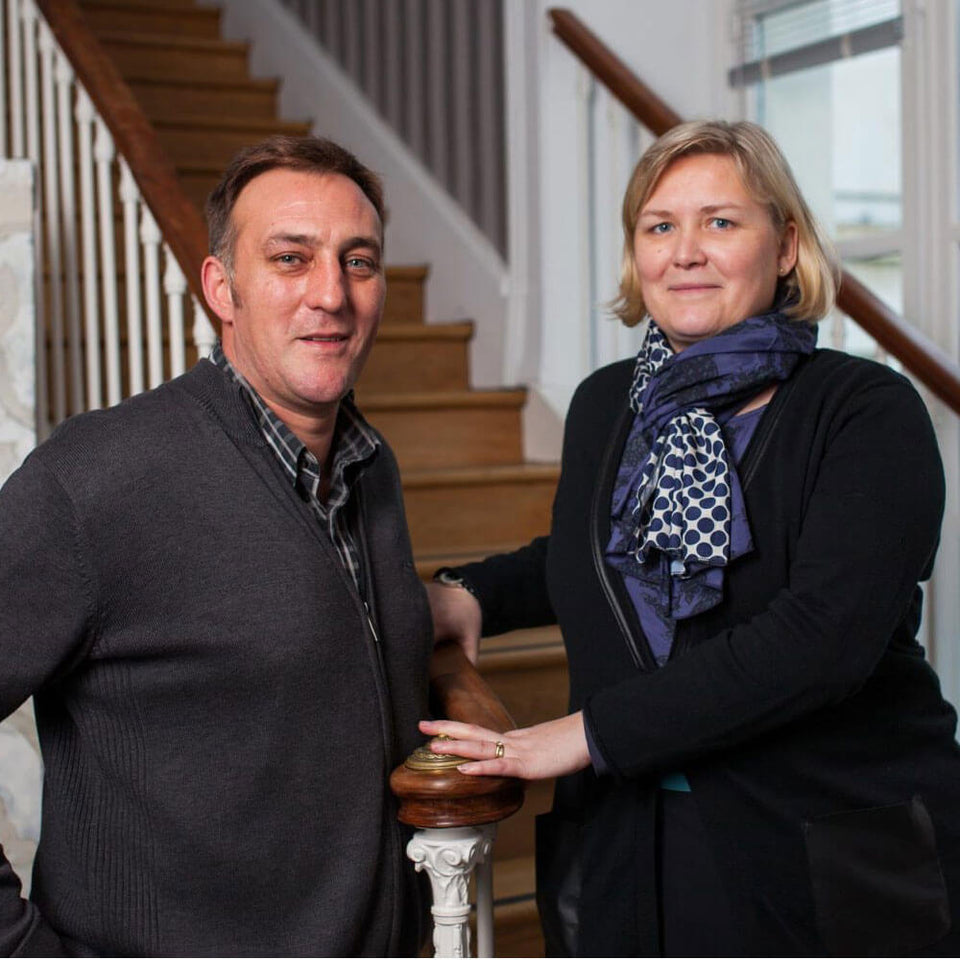
Petit Le Brun et Fils
Husband and wife team Richard Petit and Véronique Bajan have produced classic-style cuvées at their domaine in Avize since 1964. In their 4 hectares of chardonnay vineyards, Richard and Véronique are committed to using products and methods that are approved by the Haute Valeur Environnementale and the Agriculture Durable & Bio.
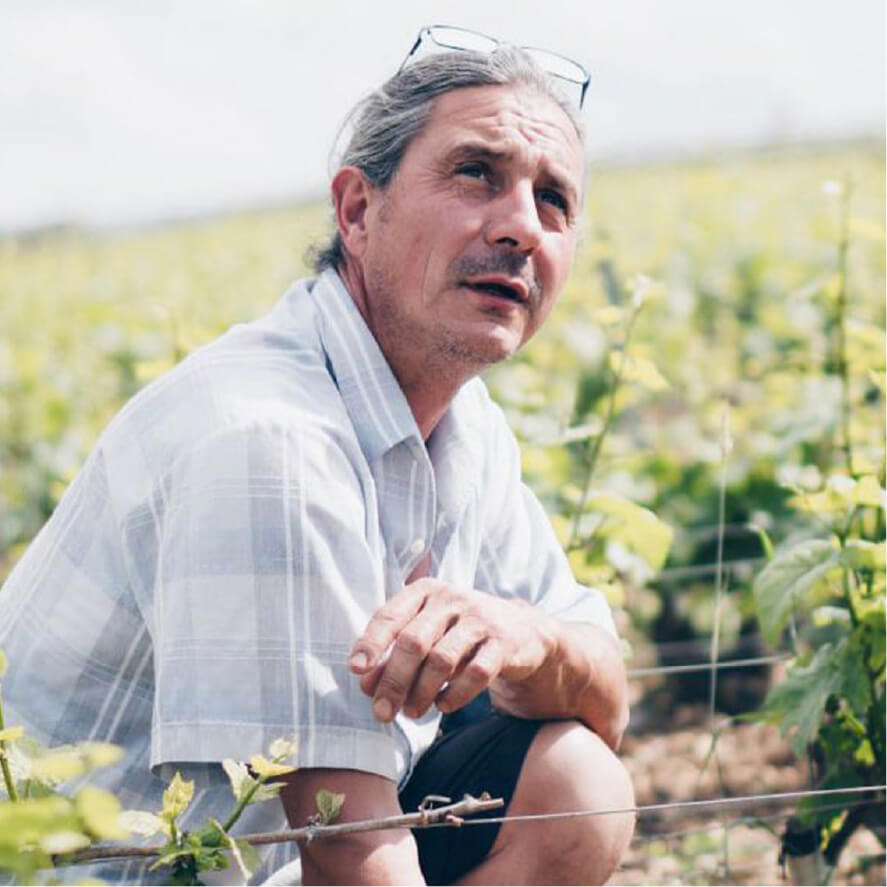
Piollot
Roland Piollot, his wife, Dominique, and their daughter, Jeanne, produce crisp, elegant cuvées from their 8 1/2 hectares of predominantly pinot noir in and around the town of Polisot. Roland inherited the family land and a passion for tending vines from his father in 1986. Piollot’s Champagne production has been 100 percent organic since 2014, and, more recently, the estate earned a Demeter certification for biodynamic farming.
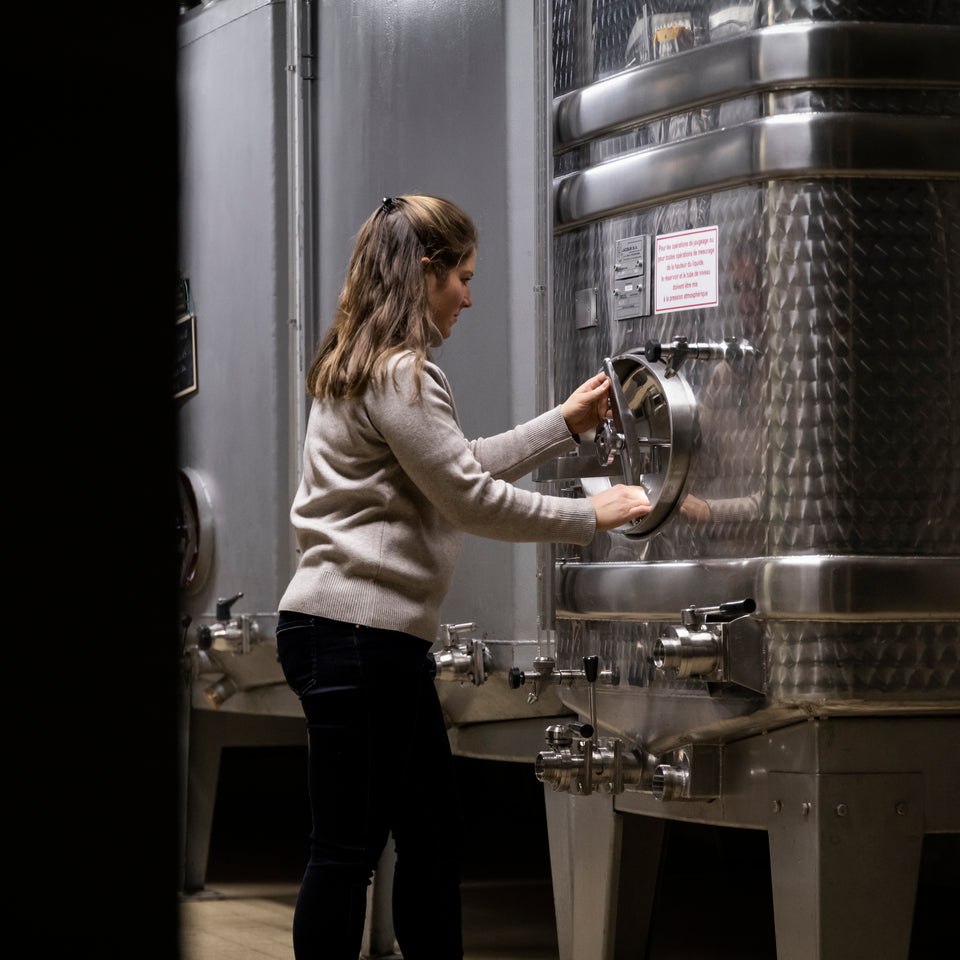
Rochet-Bocart
For Mathilde Devarenne of Rochet-Bocart, Champagne is more than her life’s work; it’s her legacy. The family domaine was founded in 1956 by her grandparents Jacques Rochet and Claudette Bocart in Vaudemange, a small village at the southern border of Montagne de Reims. Mathilde became head vigneron at Rochet-Bocart in 2015, and while she maintains many of the domaine’s time-honored traditions, she employs new techniques and personal touches that make the label authentically her own. From biodynamic methods in the vineyards to blocking malolactic fermentation in the production house, Mathilde’s efforts produce exquisite low-dosage cuvées that are a beautiful reflection of her skill and passion.
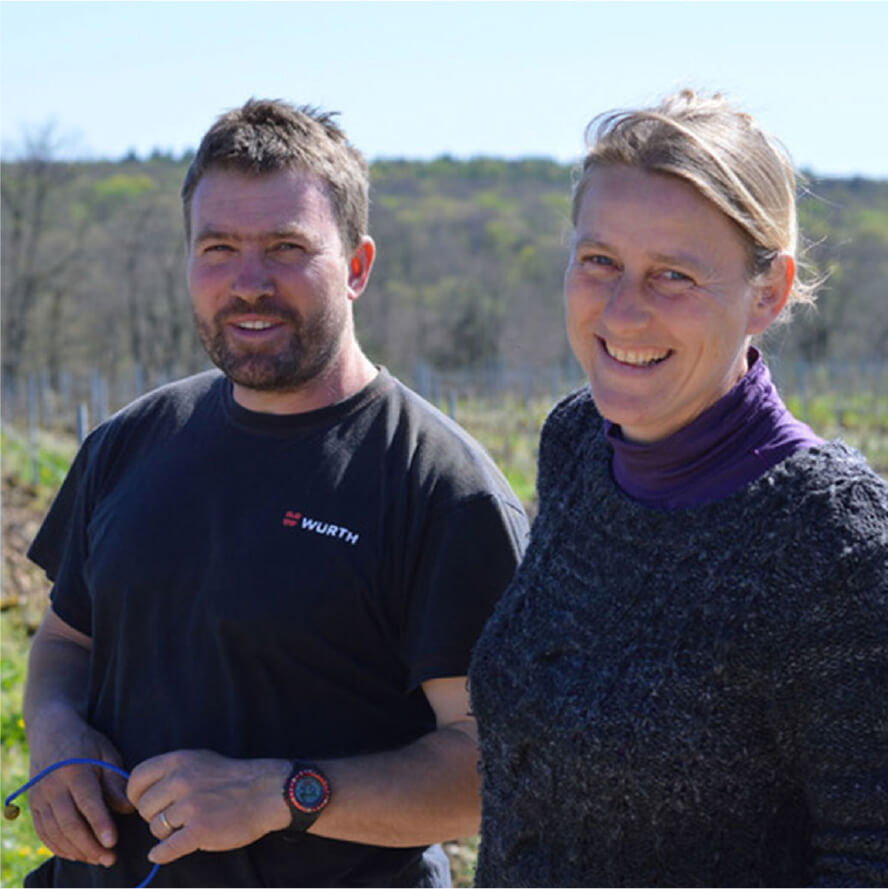
Ruppert-Leroy
Vigneron Bénédicte Leroy and her husband, Emmanuel, make Champagne from their estate in the village of Essoyes on the same land where her father, Gerard, settled as a sheep farmer in the 1970s. Today, as a way of honoring the land, the husband and wife team use organic and biodynamic methods to make single-vintage, zero-dosage cuvées.
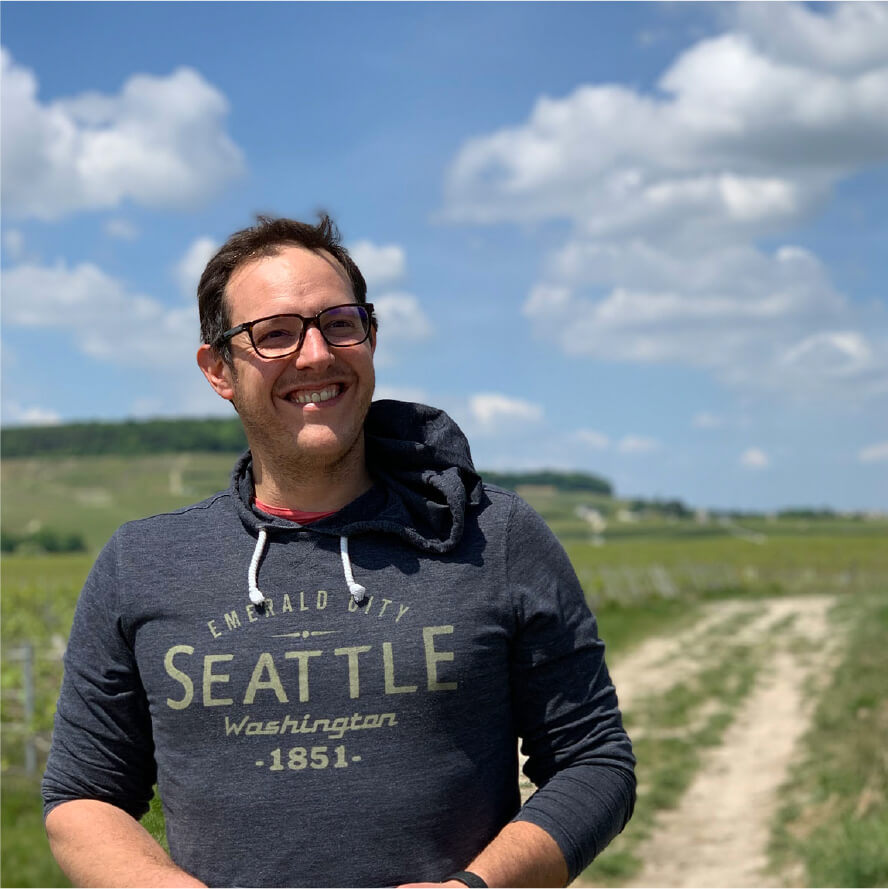
Stéphane Regnault
Stéphane Regnault is the first in his family to make Champagne from the grapes grown on their 4 hectares of certified organic and biodynamic vineyards in Le Mesnil-sur-Oger on the Côtes des Blancs. A jazz musician at heart, Stéphane applies a kind of polyrhythmic method to his craft by creating his trio of plot-specific cuvées with a perpetual reserve from the previous vintage, beginning with his first in 2014.
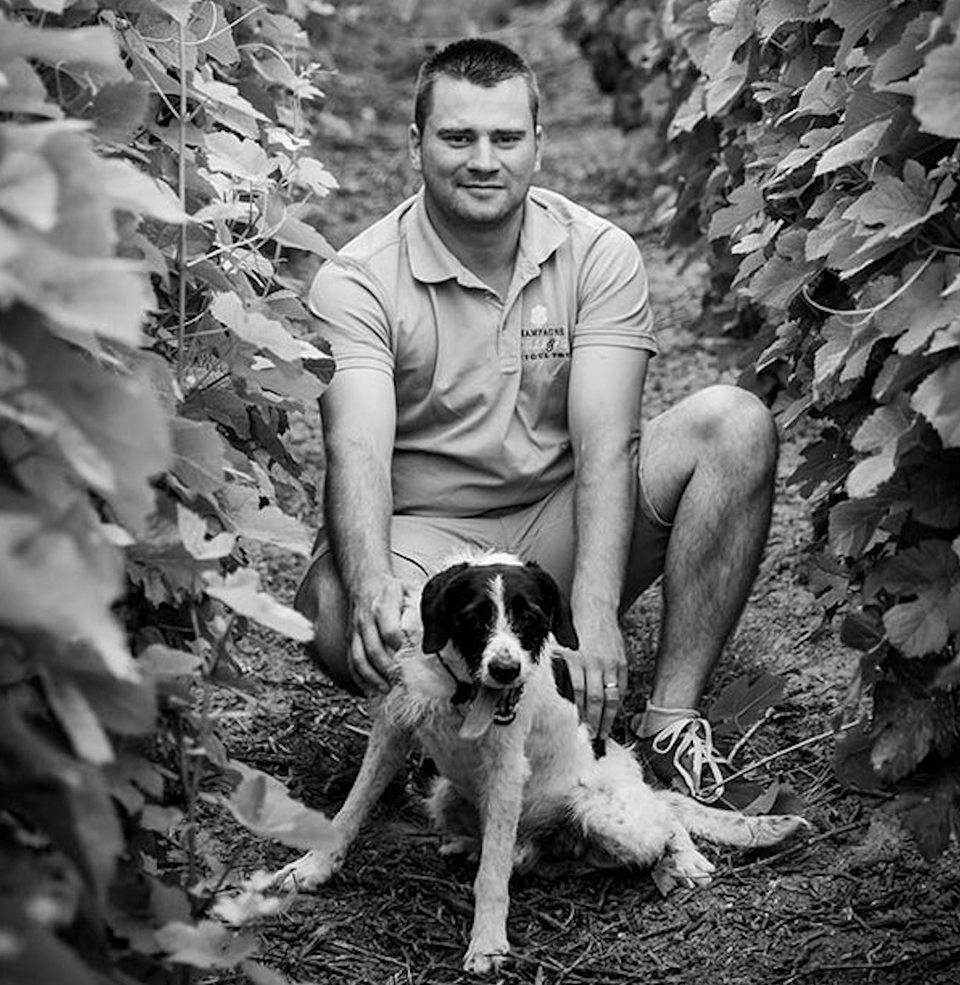
Vincent Lagille
Nestled within the river valley and western slopes of Montagne de Reims is Vallée de L’Ardre — the true heart of pinot meunier country and the birthplace of Domaine Lagille. Since 2017, Vincent Lagille has been in charge of the centuries-old family domaine, where he honors tradition while paving a modern path of his own. One of only 15 grower-producers in the Vallé de L'Ardre, Domaine Lagille has a reputation for excellent, low-dosage cuvées that are acutely reflective of their terroir. Additionally, several of the domain's most exciting cuvées are part of Vincent’s vision for the future of Domaine Lagille: single-varietal, single-plot, single-vintage wines that express the distinctive qualities of the grapes grown at the border of Treslon and the neighboring village of Vrigny.
